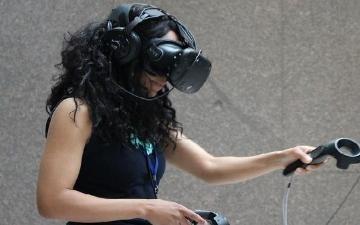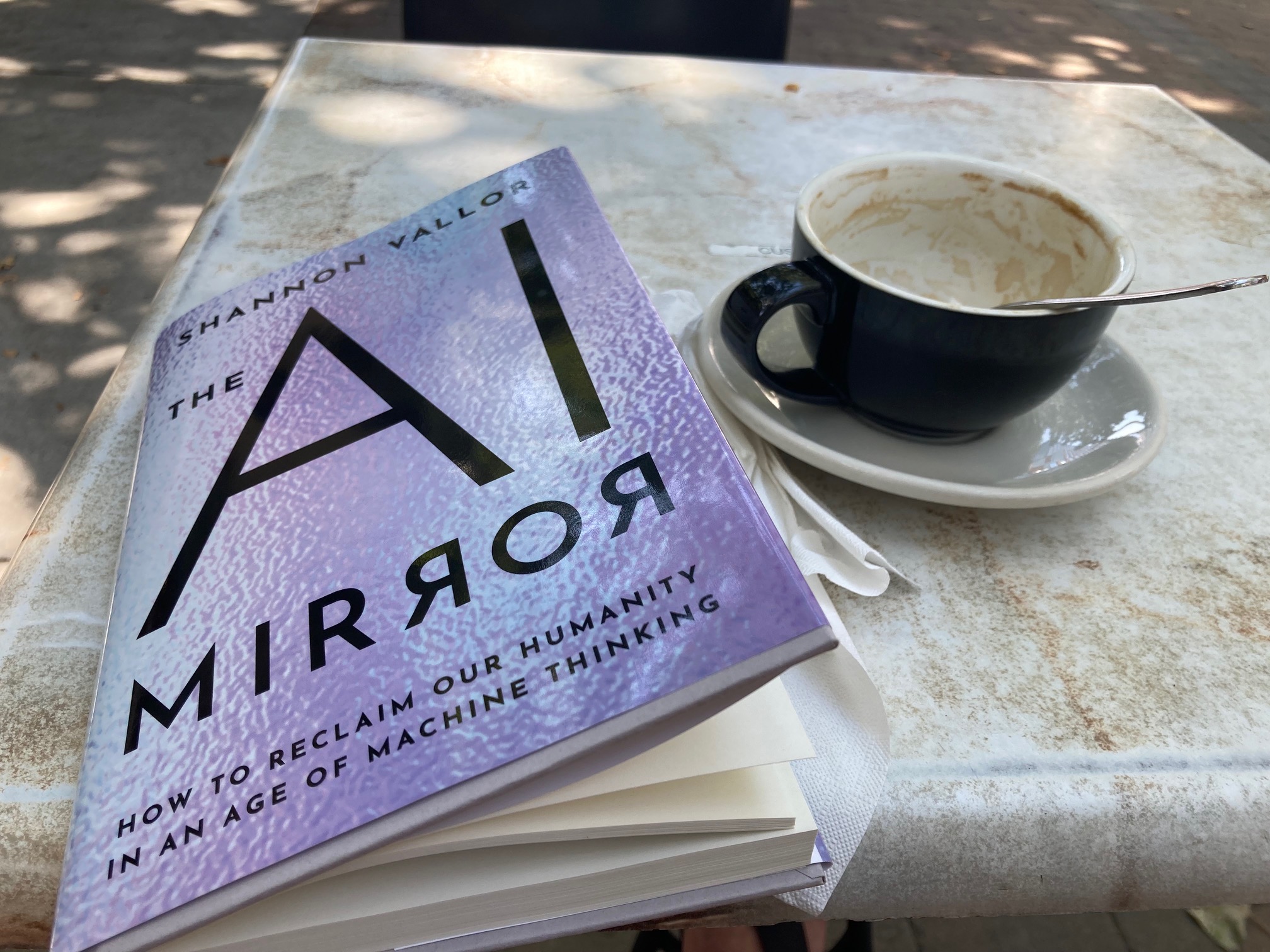A VR Ethics Case Study

One of the biggest barriers to finding a partner is how difficult it is to arrange first dates in a safe and comfortable way. First Date is a brand new VR dating app intended to help ease the stress and awkwardness of early dating.
First Date solves this problem by helping users to create spaces where they can virtually meet and go on dates. First Date helps to prevent fraudulent activity by requiring that all user avatars are digitally matched and verified by First Date staff against photo IDs provided by users. This seeks to ensure that an avatar’s age, sex, gender, and appearance match their user’s identity.
First Date can also be paired with online delivery services and content providers so that users can eat meals together or watch movies together, virtually. First Date markets itself as the solution to the toxic swipe culture.
Discussion questions
Before answering these questions, please review the Markkula Center’s Framework for Ethical Decision-Making.
- Who are the stakeholders involved in this case?
- What ethical issues do you spot in this scenario? Note that some of these may be beneficial, while others are harmful/problematic.
- Which ethical aspects are highlighted when you view the case through the ethical lenses of rights, justice, utilitarianism, virtue, and the common good?

